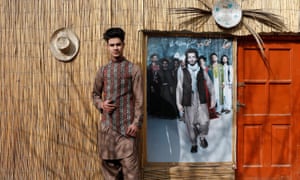
Afghanistan‘s Generation Z – a photo essay
Afghanistan’s Generation Z has grown up in a 17-year window overshadowed by war and a heavy international presence and now faces an uncertain future and the possibility of stark change
by Mohammad Ismail / Reuters
The start of 2019 has brought for Afghanistan a tantalising hope of peace, as the Taliban sat down for talks first with Americans in Qatar and with senior members of the Afghan elite in Moscow. Donald Trump has told Americans his administration had accelerated talks for a political settlement in Afghanistan and would be able to reduce US troops there as negotiations advance to end America’s longest war.
No one knows what form a new government may take or how much control the Taliban might have under any deal, but for young people who were babies when the Taliban were driven from power by a US-led campaign in 2001, the prospect of peace with the hardline Islamists brings a daunting mix of hope and fear.
For villagers in rural Afghanistan, where traditional ways have always counted for more than central government law, life may not change much. But for the young of Kabul and other cities, there is much to lose, in particular the freedoms restored after the Taliban were ousted – from playing music, to modelling and adopting trendy haircuts – which they’ve grown up with.

Comments
Post a Comment